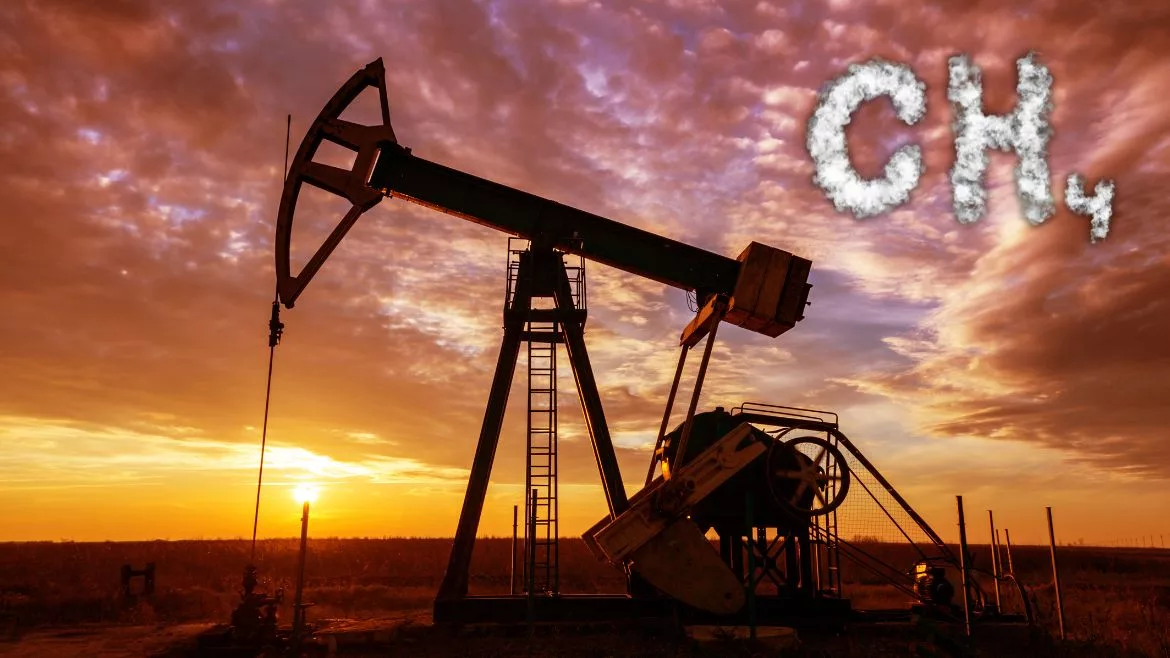News
New Comments Deadline on Waste Emissions Rule
The extension was requested by organizations representing oil, gas producers.

The Environmental Protection Agency (EPA) extended the deadline to file comments on a proposed rule that allows EPA to impose a charge on petroleum and natural gas facilities for methane emissions that surpass federal limits following requests to extend the deadline made by organizations representing petroleum and natural gas producers.
The deadline to file comments on the proposed rule—“Waste Emissions Charge for Petroleum and Natural Gas Systems”—was extended from March 11, 2024, to March 26, 2024.
Under the proposed rule, EPA could annually impose a “waste emissions charge” (WEC) on applicable petroleum and natural gas facilities for methane emissions that exceed 25,000 metric tons of CO2 equivalent per year, as reported under the Greenhouse Gas Reporting Program. That level of waste emissions would exceed statutorily specified waste emissions thresholds set by Congress, and therefore are not exempt from the charge, according to the EPA.
The proposed regulation will further efforts to decarb by implementing requirements of the Clean Air Act that are specified in the Methane Emissions Reduction Program of the Inflation Reduction Act, says the EPA, which would use “calculation procedures,” as well as “flexibilities, and exemptions” when determining the WEC.
Under the rule, those petroleum and natural gas facilities that produce methane emissions exceeding the federal standards would pay $900 per metric ton during 2024; in 2025 the WEC will increase to $1,200 per metric ton, and in 2026 the WEC will increase to $1,500 per metric ton and remain at $1,500, EPA says.
The organizations that requested the comments-deadline extension are the American Exploration and Production Council; American Fuel and Petrochemical Manufacturers; the American Petroleum Institute; and the GPA Midstream Association. The common reason those organizations gave for requesting an extension of the deadline was their need to further analyze the proposed rule. In addition, most of the organizations requested a 30-day extension of the deadline, while a single organization asked for 45 days.
In contrast, two organizations that filed comments made clear how such emissions are impacting the climate with the Environmental Defense Fund (EDF) saying, “Methane is a climate pollutant with over 80 times the global warming power of carbon dioxide in the near-term, and the oil and gas sector is the largest industrial emitter of methane.”
In addition, the EDF voiced its support for the proposed rule saying, “We are encouraged to see that EPA has set forth a clear and statutorily aligned proposal for implementation of the WEC.”
The EDF was joined by the Evangelical Environmental Network (EEN) in supporting the proposed rule saying, “Millions of people across the U.S, and around the world are experiencing record heat, and suffering severe health impacts as a result.”
“Medical research shows that exposure to methane is associated with congenital heart defects, a 25 percent increase in children’s asthma, and 86 times exposure to known cancer causing chemicals,” which is why the EEN is supporting “measures such as this that will mitigate climate warming and clean our polluted air.”
Both the EDF and EEN are among the majority of those filing comments who are in support of the proposed rule, with most of those being ordinary citizens.
For submitted comments on the proposed rule to be processed, they must include the Docket ID No. for this rulemaking, which is EPA–HQ–OAR–2023–0434. They can be submitted by any of the following methods:
- Federal eRulemaking Portal: http://www.regulations.gov (our preferred method) Follow the online instructions for submitting comments.
- Mail: U.S. Environmental Protection Agency, EPA Docket Center, Office of Air and Radiation Docket, Mail Code 28221T, 1200 Pennsylvania Ave., NW, Washington, D.C. 20460.
- Hand Delivery: EPA Docket Center, WJC West Building, Room 3334, 1301 Constitution Ave., NW, Washington, D.C. 20004. The Docket Center’s hours of operations are 8:30 a.m. to 4:30 p.m., Monday–Friday (except Federal Holidays).
Looking for a reprint of this article?
From high-res PDFs to custom plaques, order your copy today!







